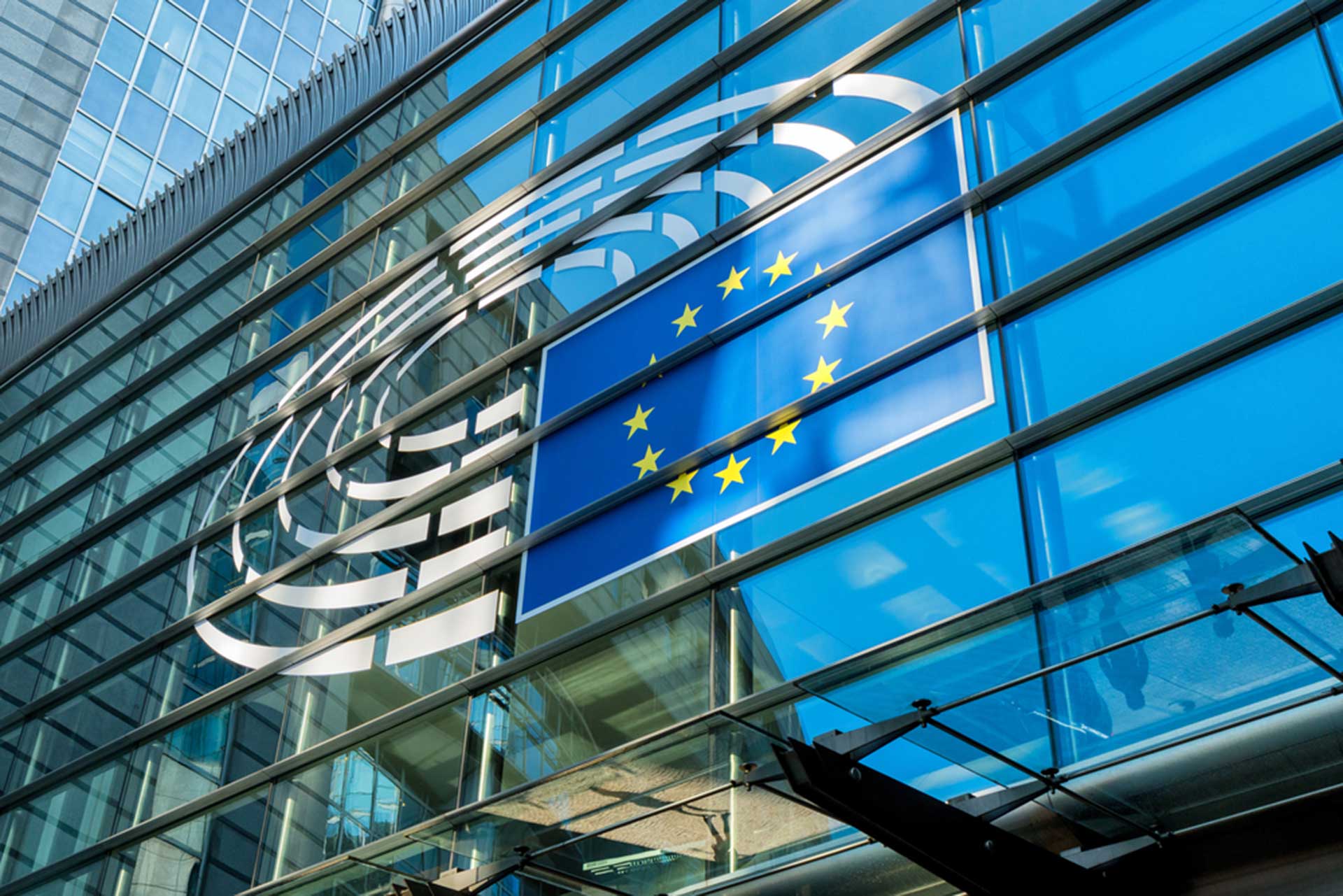
THE SSA BONDS TRADING CARTEL
The European Commission has fined Bank of America Merrill Lynch, Crédit Agricole, and Credit Suisse a total of € 28 494 000 for breaching EU antitrust rules. Deutsche Bank was not fined as it revealed the existence of the cartel to the Commission.
The four banks took part in a cartel in the secondary trading market within the European Economic Area of Supra-sovereign, Sovereign and Agency (SSA) bonds denominated in US Dollars.
Executive Vice-President of the Commission Margrethe Vestager, in charge of competition policy said: “Today we have issued a decision against Bank of America Merrill Lynch, Crédit Agricole, Credit Suisse and Deutsche Bank, whose traders colluded on trading strategies, exchanged sensitive pricing information and coordinated on prices. The behaviour of the investment banks restricted competition in a market in which investment and pension funds regularly buy and sell bonds on behalf of their investors and pensioners. The cartel harmed the financial markets and today’s decision sends a clear message that the Commission will not tolerate any type of collusive behaviour.”
The four investment banks participated in a cartel through a core group of traders working in their USD SSA bonds divisions, who were in regular contact with each other. A bond is a type of debt security that enables entities to raise cash. Bonds are issued on the primary market and then traded by financial institutions on the secondary market. On the secondary market, potential customers, such as investment and pension funds, approach the banks in order to get an independent quotation of price and quantity available of the bonds of a specific issuer. Bonds are distinguished by currency. This particular case refers to SSA bonds issued in US dollars.
The traders, who were in direct competition, typically logged into multilateral chatrooms or bilateral chatrooms on Bloomberg terminals. They knew each other on a personal basis, thus creating a closed circle of trust. They provided each other with recurring updates on their trading activities, exchanged commercially sensitive information, coordinated on prices shown to their customers, or to the market in general and aligned their trading activities on the secondary market for these bonds. The conduct took place during a five-year period and affected the trading of US denominated SSA bonds on the secondary market in the entire EEA.
The Commission’s investigation revealed that, further to coordination on prices quoted to specific clients or the market in general, the traders at times agreed:
- to refrain from bidding or offering, or to remove (or “kill”) a bid or offer from the market, when they might come into competition with one another;
- to split trades between each other and combine or reduce their respective positions to meet a specific customer’s demand, without the customer being aware that it was dealing with more than one trader which meant that in practice the customer had limited choice;
The behaviour of the four banks violates EU rules that prohibit anticompetitive business practices such as collusion on prices (Article 101 of the Treaty on the Functioning of the European Union and Article 53 of the EEA Agreement).
Together with previous cases involving cartels affecting the trading of financial instruments, today’s Decision demonstrates that the Commission remains determined to deal with anticompetitive practices in all markets, including the financial sector.
Action for damages
Any person or company affected by anti-competitive behaviour as described in this case may bring the matter before the courts of the Member States and seek damages. The case law of the Court and Council Regulation 1/2003 both confirm that in cases before national courts, a Commission decision constitutes binding proof that the behaviour took place and was illegal. Even though the Commission has fined the cartel participants concerned, damages may be awarded without being reduced on account of the Commission fine.





